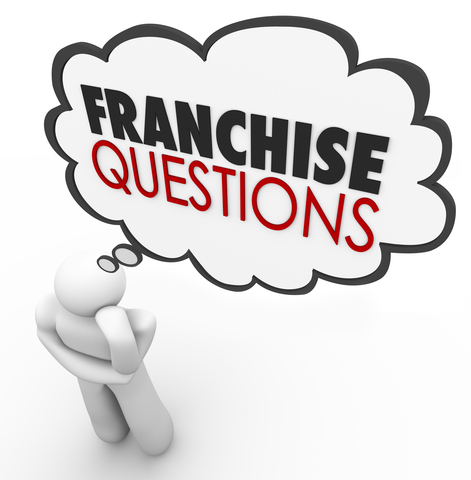 The National Relations Board (NLRB) started in the Great Depression as a government board to protect the rights of employees to collectively bargain if they choose to do so. On July 29, 2014, the chief counsel of NLRB ruled that McDonald’s is a co-employer with its franchisees and, therefore can be held responsible when its franchisees violate the rights of employees who protest.
The National Relations Board (NLRB) started in the Great Depression as a government board to protect the rights of employees to collectively bargain if they choose to do so. On July 29, 2014, the chief counsel of NLRB ruled that McDonald’s is a co-employer with its franchisees and, therefore can be held responsible when its franchisees violate the rights of employees who protest.
According to Joel Libava, The Franchise King® and owner of the Franchise Biz Directory, the NLRB ruling completely ignores the franchise model in which franchisees merely buy a system but own their businesses. As business owners, they have the right to hire and fire and set other HR policies (as long as they don’t violate the law).
Joel raises this question: If the NLRB ruling stands up, why would anyone want to invest thousands of dollars (more than $1 million for a McDonald’s franchise) merely to be controlled by the franchisor?
What now?
The Fast Foods Worker Committee filed NLRB claims against franchisees alleging retaliation (an unfair labor practice) for trying to organize. The NLRB’s counsel decided that a number of the claims had sufficient merit to proceed and has included McDonald’s as a co-employer in these claims.
There could be a settlement to the claims. If not, the claims will be heard by an administrative judge who will then issue a decision on whether there was retaliation. And then, if the decision is unfavorable to employers, action in the federal courts may result.
McDonald’s will fight the decision. If it wins, nothing in labor law changes. If it loses, the results are unclear.
Some possible results:
- The franchisor could be held responsible for labor conditions at its franchisees, prompting it to institute greater control over franchisees.
- The franchisor could increase the price of buying a franchise and the ongoing charges to franchisees to cover its new responsibilities and potential liability exposure.
My question for the NLRB: Does it not understand what franchising is all about, or does it simply not care?


